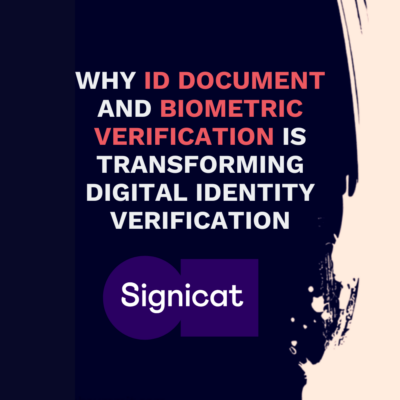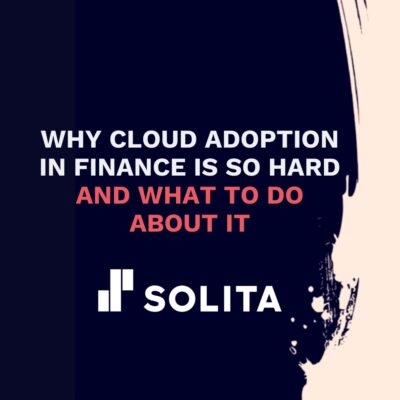This article is written by Nikke Osterback (LinkedIn), Founder & CEO of Saari. Saari is a London-based digital strategy, (digital) sales, marketing and business development consultancy for fintechs and financial services.
Saari offers free quarterly consulting to Fintech Farm members on strategic development for your financial services & fintech digital sales and strategy.
1 A Comprehensive B2C Marketing Strategy
Modern marketing has become an increasingly important and fundamental pillar for successful B2B financial services organisations in recent years. In a world where everyone is a brand, organisations would be foolish not to consider building a strong corporate brand, identity, and communication strategy in response to wider public values. In today’s marketplace corporations should act as good citizens of the world. It is critical that relevant values across sales, purchasing, onboarding and customer services processes are well communicated in order for modern institutions to compete in the global marketplace.
2 Ensure Your Communication Efforts Build Trust and Authority
A platform’s trustworthiness is becoming increasingly important in modern marketing trends. The credibility of the media and the message has become increasingly relevant as global audiences move beyond the golden era of fake news and grow more proficient at interpreting the authority of corporate noise. A well-matched freelancer or PR firm can help you place articles in relevant and targeted media, boosting the credibility of your messaging and supporting your fundraising efforts. In many ways, the media is returning to a time when credibility is key. For fundraising success, it is critical to obtain attention in well recognised digital and more traditional media, particularly during the early stages of fundraising.
3 Have a Modern Approach to Your Corporate Brand
In a world where everyone carries a personal brand, it stands to reason that any corporation should keep that thought close to their hearts and minds. As the world examines the identity of a modern corporate brand I would advocate that this topic is more nuanced in many ways and carries a wider array of attributes than typically assumed. Values, people, identity, leadership, and global issues should all be considered when developing a modern B2B brand, just as they should be when developing a consumer brand. Trust is heavily scrutinised, particularly in the financial services and fintech industries. Financial management is a sensitive, and often a personal topic that is vulnerable to fraud. In a world where it is unavoidable for a firm to think like a brand, these and many other factors strengthen the relevance of strong digital communications and trustworthy messaging.
4 Choosing the Appropriate Marketing Platform (Based on Size & Scalability)
With regards to marketing technologies and staffing, Saari’s consulting work often revolves around discussing and advising, avoiding the incorrect approach and steering our clients towards the use of a suitable model through the appropriate steps. Once the internet was free and the adoption of technologies was relatively affordable. The number of technology options for marketing and sales today is staggering. As a result, taking the correct steps to scale your technical solutions from CRM to data enrichment, analytics, marketing platforms, tracking, insight, audience growth, and measurement to meet your company’s size and budget is critical. Similarly, the development of your marketing and digital sales teams must follow the correct structure and include the required level of expertise to stay within your budget. External teams should not be considered as a liability, but rather as a valuable resource that can help you identify your optimal team structure and approach.
5 Build Synergy Between Your Digital Marketing & Sales Teams
Sales and marketing departments are frequently at odds, especially in B2B organisations. We’ve seen an acceleration of digital platforms and marketing tactics moving from marketing to sales in the last ten years, thus aligning the two. Digital marketing is a subset of sales with its own distinctive components where KPIs are often defined as awareness and engagement rather than strict lead generation and sales. In my experience, it is essential to recognise that digital sales is part of marketing (and vice versa) and that their KPIs should be shared with a unified leadership structure.

This article is written by Nikke Osterback, Founder & CEO of Saari.
Saari is a London-based digital strategy, marketing, brand and business development consultancy founded by Nikke Osterback, delivering increased market awareness and growth for our clients in tech, B2B targeting Nordic financial services companies (inc Fintech).



